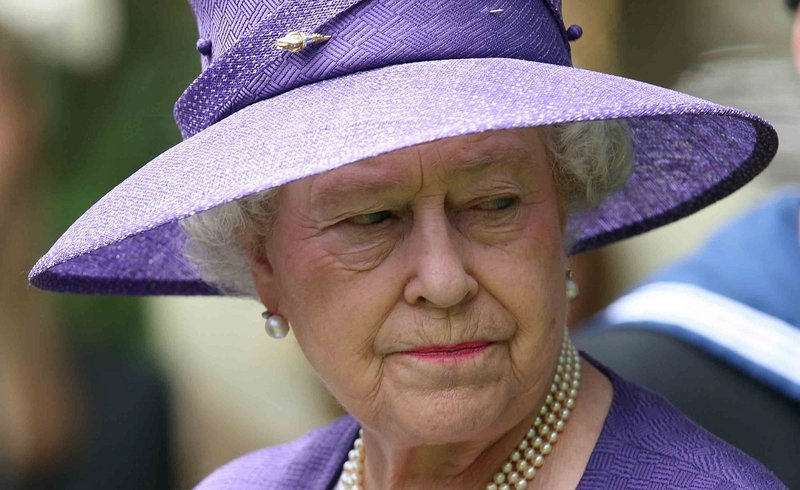LONDON – Queen Elizabeth II will make her first visit to the Republic of Ireland, the first ruling British monarch to go there in a century marked by Ireland’s brutal war of independence from Britain and the grueling conflict in Northern Ireland.
The long-anticipated visit by the 84-year-old queen will highlight Ireland’s reconciliation with its former colonial master and the slow blooming of peace in neighboring Northern Ireland.
Buckingham Palace and the Irish government confirmed the queen would visit this year, accompanied by her husband, the Duke of Edinburgh. British and Irish officials, speaking on condition of anonymity because they were not authorized to speak on the record, said they were planning a three-day visit in May.
Most Irish politicians cheered the news, but the IRA-linked Sinn Fein party warned it was premature.
King George V spent six days in Dublin in 1911, when Britain and Ireland were united under a single crown. Ireland won its independence in 1922 following a two-year guerrilla war, but relations between Ireland and Britain remained poisoned by the disputed fate of Northern Ireland, still part of the United Kingdom.
More than 3,600 people were killed during a three-decade conflict over Northern Ireland known as “The Troubles.” Among the dead was Lord Louis Mountbatten — an uncle of the queen’s husband, Prince Philip — who was killed by an Irish Republican Army bomb on his yacht on the western coast of Ireland in 1979.
The bloodshed has faded since paramilitary cease-fires in the mid-1990s were followed by the U.S.-brokered 1998 Good Friday peace accord for Northern Ireland.
Friday’s announcement capped 15 years of speculation about when the queen would set foot in Ireland as part of the choreography of peacemaking, a move that has been repeatedly delayed.
“(The visit) symbolizes how far the relationship has come in recent years, the strength of our economic and political ties, and the progress that has been made in Northern Ireland,” said Britain’s ambassador to Ireland, Julian King. “The visit will provide an excellent opportunity to celebrate this.”
Other British royals have visited the Irish Republic. Prince Charles, the eldest son of the queen, led the way with a visit to Dublin in 1995 and another in 2002, while Prince Philip made official visits to Dublin in 1998 and 2006.
The queen makes regular visits to Northern Ireland, where she has an official residence and enjoys strong support from the local Protestant majority.
Still, her visit to Ireland will take place amid tight security, because Irish Republican Army splinter groups remain committed to launching attacks on British security forces, economic centers and national symbols.
Friday’s announcement came a week after Irish voters dealt the ruling Fianna Fail party a historic loss — the worst in more than 80 years — and put the opposition Fine Gael party on track to take power.
The Fianna Fail party, whose founder Eamon de Valera led the fight for Irish independence 90 years ago, welcomed the queen’s visit, with leader Micheal Martin calling it “another step in the journey of reconciliation.”
But Irish Sinn Fein leader Gerry Adams, a former IRA commander, criticized the trip.
“Obviously (it’s) an indication that we are living in changed and changing times,” he said. “(But it’s) premature and we expect our views to be respected.”
Fine Gael and the Labour Party are holding talks on forming a new coalition government faced with salvaging Ireland’s debt-ravaged economy.
Copy the Story Link
Send questions/comments to the editors.



Success. Please wait for the page to reload. If the page does not reload within 5 seconds, please refresh the page.
Enter your email and password to access comments.
Hi, to comment on stories you must . This profile is in addition to your subscription and website login.
Already have a commenting profile? .
Invalid username/password.
Please check your email to confirm and complete your registration.
Only subscribers are eligible to post comments. Please subscribe or login first for digital access. Here’s why.
Use the form below to reset your password. When you've submitted your account email, we will send an email with a reset code.